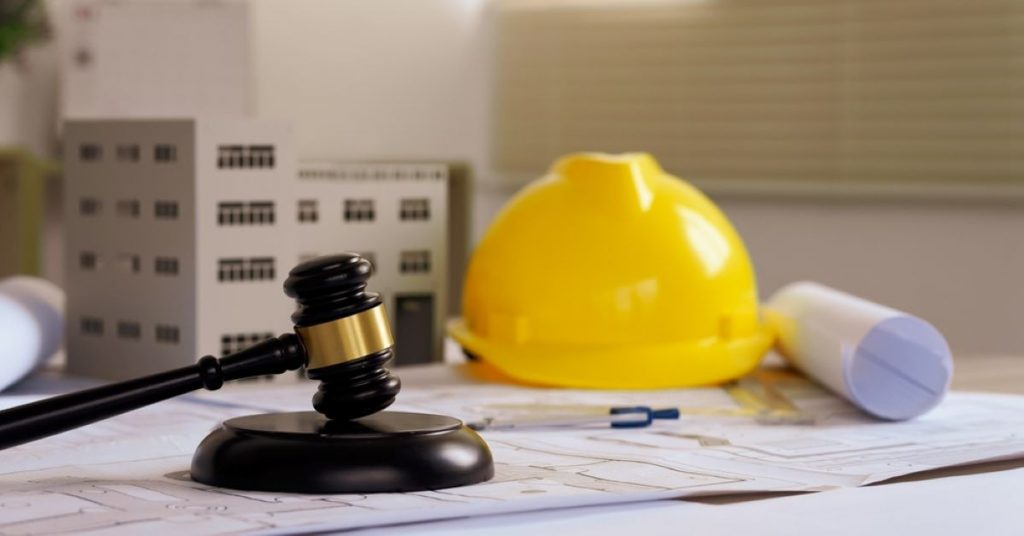Across Florida, a new law is reshaping how — and where — development happens.
In Manatee County, builders can now construct closer to mangroves. In New Smyrna Beach, new flood protections may be overturned. And in Orange County, a decade of zoning work has been derailed. The reason: just a few words — “restrictive and burdensome” — inserted into a hurricane recovery bill that Florida Gov. Ron DeSantis signed this summer.
Developers are now using those words to challenge local rules on density, environmental protections, and flood-prone construction. Cities and counties say the law gives builders unprecedented leverage to block regulations they dislike. Critics argue it strips away local “home rule,” effectively freezing land-use planning at 2024 levels.
Lawsuits Mount Across the State
More than 25 local governments — including Miami Shores, Cutler Bay, Pinecrest, Homestead and Manatee County — have filed lawsuits challenging Senate Bill 180. The bipartisan backlash has also reached the Legislature, where original sponsors have signaled they may revise the measure during the 2025 session.
Sen. Nick DiCeglie (R–Pinellas) acknowledged problems with the law: “It was pretty clear to me early on that we’re going to have to tighten this up. If I have to come back and correct unintended consequences, I will.”
Land-use attorney Richard Grosso of 1000 Friends of Florida, one of the groups suing the state, said the measure marks a dramatic shift: “This upends more than 100 years of land-use law. Unless hurricanes stop hitting Florida, this effectively freezes all local land-use plans.”
How “Restrictive and Burdensome” Was Added
SB 180 began as a bipartisan bill to streamline hurricane recovery — reducing red tape and improving emergency response. But in the final days of session, sponsor Rep. Fiona McFarland (R–Sarasota) added language barring local governments from enacting development regulations deemed “restrictive and burdensome” by anyone.
The wording mirrors a narrower 2023 law, SB 250, intended only for counties hit by Hurricane Ian. SB 180 expanded it statewide — and its vague language quickly became a legal weapon for developers.
Developers and the State Push Back Against Local Controls
The first major test came in Manatee County, where commissioners tried to restore wetland protections and raise developer impact fees. Prominent builders — including DeSantis allies Pat Neal and Carlos Beruff — sued under SB 180, halting the measures.
Developers elsewhere followed. Lawsuits in Deltona, Palm Coast and Orange County argued that higher impact fees or zoning changes were “restrictive and burdensome.” In Orange County, developers challenged new rural housing limits supported by 73% of voters.
The state itself has also invoked SB 180, pausing new local rules in Orange and Manatee Counties and in Ocoee. When Manatee commissioners tried to proceed with wetlands protections anyway, state officials warned they could be removed from office.
“It is a thing that we could be removed from office,” said Commissioner Carol Ann Felts. “We had no choice but to back down.”
Hurricane Declarations Keep the Law Alive
The law also extends automatically during state-of-emergency declarations, which are common during hurricane season. Because every Florida county was under at least one emergency order in 2024, SB 180 now applies statewide — with no clear end date. Critics say that effectively locks in current development rules indefinitely.
“If I don’t like it, it’s restrictive and burdensome,” said Grosso. “The law lets anyone challenge almost anything.”
What Comes Next
Cities, counties, and smart growth advocates are pressing the Legislature to roll back or clarify SB 180. Lawsuits seeking to block its enforcement are moving forward in court. Meanwhile, developers continue to use the law to contest environmental protections, zoning limits, and impact fees — reshaping Florida’s growth landscape in real time.
Source: Miami Herald

